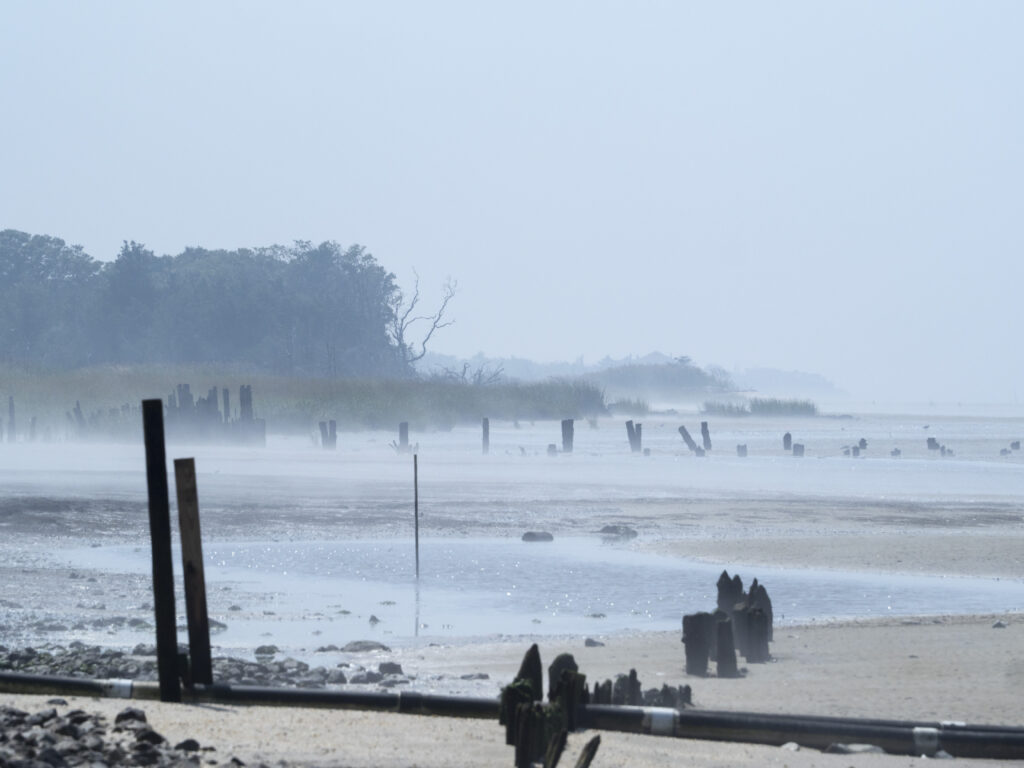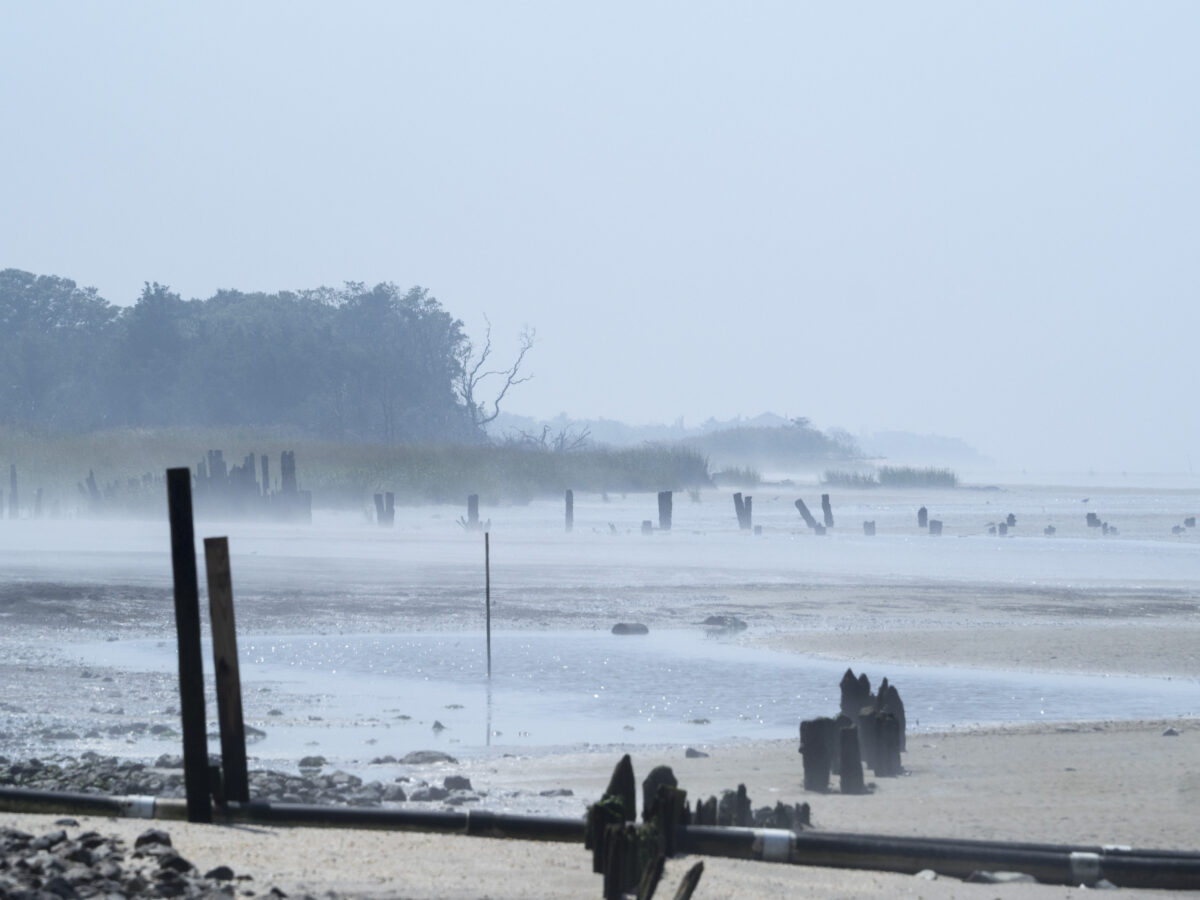
The rapid sea level rise and resulting retreat of coastal habitat seen at the end of the last Ice Age could repeat itself if global average temperatures rise beyond certain levels, according to an analysis by an international team of scientists from more than a dozen institutions, including Rutgers. In a study published in Nature, scientists reported how ancient coastal habitats adapted as the last glacial period ended more than 10,000 years ago and projected how they are likely to change with this century’s predicted sea level rise.
“Every ton of carbon dioxide humankind emits turns up the global thermostat, which in turn increases the pace of global sea level rise,” said Robert Kopp, a Distinguished Professor in the Department of Earth and Planetary Sciences in the Rutgers School of Arts and Sciences and an author of the study. “The faster the oceans rise, the greater the threat to tidal marshes, mangroves and coral reefs around the world. For example, in our analysis, most tidal marshes are likely to be able to keep up with sea level rise under 1.5 degrees Celsius [2.7 degrees Fahrenheit] of warming, but two-thirds are unlikely to be able to keep up with 2 degrees Celsius [3.6 degrees Fahrenheit] of warming.”
Read the full article in Rutgers Today here.


